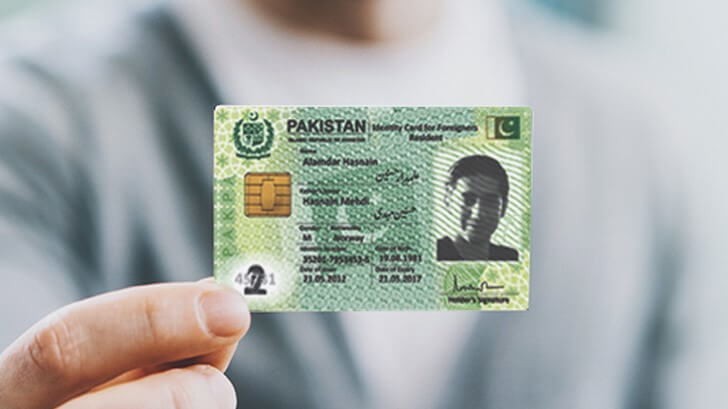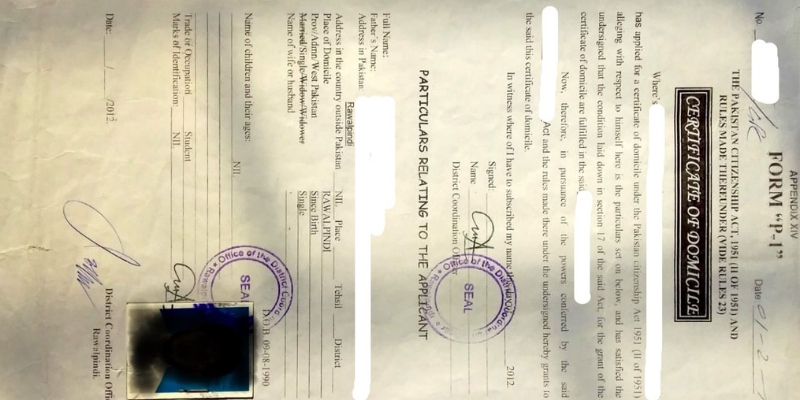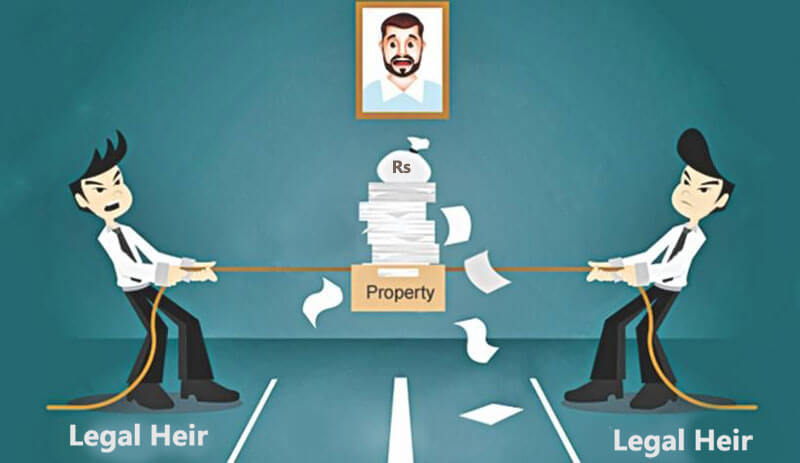The powers and jurisdiction of courts in Pakistan are scattered into different laws. You can’t find the jurisdiction of the court written in a one-piece. Instead, you will need to go through the Constitution of the Republic of Pakistan 1973, the code of civil procedure 1908, the code of criminal procedure 1898, and the civil court ordinance 1962.
Supposing that you got admission in LLB or you are a new lawyer who just got a lawyer license and start practicing in the law firm. You must understand the concept of the jurisdiction of courts in Pakistan.
For the ease of law students and lawyers, we have prepared a quick guide to understand which court in Pakistan has what type of jurisdiction.
Jurisdiction of Supreme Court of Pakistan
Supreme court enjoys the apex status in Pakistan as it is the final forum of appeal. The supreme court have different types of jurisdiction i.e.
- original jurisdiction
- Advisory jurisdiction
- Criminal appellate jurisdiction
- Civil appellate jurisdiction
- Jurisdiction to Review it’s own order and judgments
- Contempt of court
Article 185 to 188, 212, and 203F of the constitution of the Republic of Pakistan 1973 clearly deals with suck kinds of jurisdiction.
- Art 184(1) Original jurisdiction in inter-governmental disputes, issues declaratory judgments;
2.Art 184(3) Enforcement of Fundamental Rights involving an issue of public importance; - Art 185(2) Appeal from judgment/order of High Court in criminal cases, tried in original and/or appellate capacity and having imposed death penalty or life imprisonment;
- Art 185(2) Appeal in civil cases when the value of the claim exceeds fifty thousand rupees;
- Art 185(2) Appeal when High Court certifies that the case involves interpretation of the Constitution;
- Art 185(3) Appeal (subject to the grant of leave) from High Court judgment/order;
- Art 186 Advisory jurisdiction on any question of law involving public importance referred by the President;
- Art 187 To issue directions/orders for doing complete justice in a pending case/matter;
- Art 188 To review any of its own judgment/order;
- Art 204 To punish for its contempt;
- Art 212 Appeal from Administrative courts/tribunals; and
- Art 203F Its Shariat Appellate Bench hears appeals from judgments/orders of Federal Shariat Court.
Jurisdiction of Federal Shariat Court
The jurisdiction of courts in Pakistan involving hadood and shariah lies solely to the federal Shariat court. This court was established in 1980 to hear those cases in which a question is raised that any particular ack is against the Quran and Sunnah.
Article 203-D to 203-E of the constitution of the Islamic Republic of Pakistan 1973 deals with the powers of the Federal Shariat court.
- Art 203-D To determine whether a provision of law is repugnant to the Injunctions of Islam;
- Art 203 DD Revisional Jurisdiction in cases under Hudood laws;
- Art 203 E To review its judgment/order;
- Art 203 E To punish for its contempt; and
- Under Hudood laws, hears appeals from judgment/order of criminal courts.
Jurisdiction of High Court in Pakistan
High Court of each provinces perform the administrative control over the lower court. The power and jurisdiction are explained in our constitution and Cr.P.C.
- Art 199(1) to issue 5 writs namely mandamus, prohibition, certiorari, habeas corpus, and quo warranto;
- Art 199(2) Enforcement of Fundamental Rights;
- Art 203: To supervise/control subordinate courts;
- Art 204: To punish for its contempt;
- To hear an appeal under S.100 of CPC;
- To decide reference under S.100 of CPC;
- Power of review under S.114 of CPC;
- Power of revision under S.115 of CPC;
- Appeals under S.410 of Cr.P.C;
- Appeals against acquittal under S.411-A(2) of Cr.P.C
- Appeals against judgment/decree/order of tribunals under special laws;
- To issue directions of the nature of habeas corpus in the application under S.491 of Cr.P.C;
- Power of revision under S.439 Cr.P.C
- Hedge Inter-Court appeal at Lahore High Court and High Court of Sindh,
Jurisdiction of District & Session Judge/Addl. District & Session Judge
The court of district and additional district judge is established under the civil court ordinance 1962 whereas the court of session and additional session judge perform their function under the code of criminal procedure.
The jurisdiction of these courts in Pakistan is explained in civil as well as criminal procedure code.
- An appeal against judgment/decree of a Civil Judge under S.96 of CPC;
- Appeal against an order under S.104 of CPC;
- Power of revision under S.115 of CPC;
- Original jurisdiction in suits upon bills of exchange, hundies, or promissory notes under Order XXXVII of CPC;
- Murder trial under S.265 of the Cr.P.C;
- Criminal trial under Hudood laws;
- Appeals under S.408 of Cr.P.C;
- Power of revision under S.439-A of Cr.P.C;
- To issue directions of the nature of habeas corpus under S.491 of Cr.P.C; and
- Decides pre-arrest bail applications under S 498 of the Cr. PC.
- Being An Ex-Officio Justice of the Peace may issue appropriate directions to the police authorities concerned on a complaint regarding (i) nonregistration of a criminal case; (ii) transfer of investigation from one police officer to another; and (iii) neglect, failure or excess committed by a police authority in relation to its functions and duties.
Civil Judge Class 1st
Again it’s the civil court ordinance 1962 under which civil court are established. Their pecuniary jurisdiction is determined by the high court through their notifications supplemented with high court rules and orders.
However their territorial jurisdiction is mentioned in civil procedure code 1908. Their jurisdiction is as under;
- To try all civil suits, there is no pecuniary limit on its jurisdiction;
- In certain jurisdictions also designated as Rent Controller,
- In certain jurisdictions also designated as Judge, Family Court;
Civil Judge Class 2nd
To try civil suit up to the value of Rs. 50,00,00/- ( Rs. 5- Million) ; and
In certain jurisdictions designated as Rent Controller/Judge, Family Court.
Civil Judge Class 3rd
To try civil suit up to the value of Rs. 10,00,000/- ( Rs. 1-Million)
Magistrate Class 1st
1-To try offenses punishable up to 3 years imprisonment and forty-five thousand rupees fine.
2- As Mobile Court under S. 12 Cr.P.C
3- As Judicial Magistrate under S 14 Cr.P.C As Area Magistrate to handle
i- Remands
ii- Discharge Reports etc.
Magistrate Class 2nd
To try offences punishable up to 1 year.
Magistrate Class 3rd
Fifteen thousand rupees fine __Magistrate empowered under S.30 of Cr.P.C.
To try All offenses not punishable with death.
But can’t pass a sentence of death or imprisonment exceeding 7 years.








Now a days I am working on the territorial/area jurisdiction of Criminal Courts in general and magistrates courts, so, I want to be benefitted from your expert views.